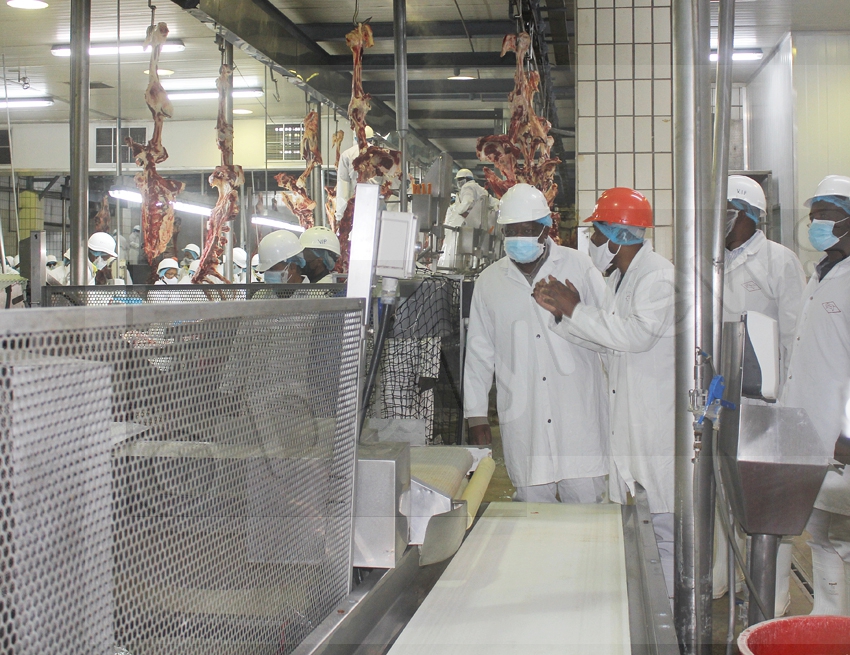Value Added Tax rate increases today
31 Mar 2021
Botswana’s standard Value Added Tax (VAT) rate will on April 1 increase from 12 per cent to 14 per cent after an amendment of the VAT Act was approved by Parliament on Tuesday.
Minister of Finance and Economic Development, Dr Thapelo Matsheka had presented a bill before the National Assembly proposing the increase, which was endorsed by a majority of MPs.
Dr Matsheka said in the current fiscal structure, the country’s revenue base was dominated by two income sources - mineral revenue as well as customs and excise receipts, which he said accounted for 57 per cent of total income for 2021-22 financial year.
“One of the goals of the proposed VAT rate adjustment was to diversify the government revenue base towards domestic regenerated revenue. It is important that Botswana increase its capacity to finance its operating budget through non-mineral income tax and VAT,” Dr Matsheka said.
He further said that in order to finance the projected budget deficit anticipated for the remainder of NDP 11, his ministry had proposed a raft of measures among them the VAT adjustment from 12 to 14 per cent.
These proposals were contained in the Economic Recovery and Transformation Plan (ERTP) and the NDP 11 Mid Term Plan approved by Parliament last year, Dr Matsheka said.
Dr Matsheka said the ERTP proposed implementation of major development programmes to stimulate the economy, and they depended on increased mobilisation of domestic revenue such as income tax and VAT.
He further said government had exempted and zero-rated many items deemed basic necessities to cushion its impact on lower income earners, including on services offered by public medical facilities, prescription drugs, education services, domestic road or rail, public transports and basic food items.
Members of Parliament gave differing viewpoints for and against the amendment.
Vice President Slumber Tsogwane said through taxation, government would be able to generate revenue for development and to continue providing social safety nets and subsidies for services such as agricultural implements, health and education.
He said Botswana had a narrow based tax system and a lower tax rate than other countries in the Southern African region and the poor found relief from the VAT exemption of basic food items, agricultural goods and other basic items.
Mr Tsogwane further said Botswana had a small population, as such collected less tax than other states with bigger populations and needed to find innovative means of increasing revenue generated through taxation.
Selebi Phikwe West MP, Mr Dithapelo Keorapetse said he was against the VAT increment as it was a consumption tax borne by the ordinary Motswana consumer.
He said the working class was already burdened by low wages and having to cater for dependents.
Mr Keorapetse suggested an increase in corporate tax to at least 30 per cent, and introducing wealth tax based on market value of assets owned including cash, shares, fixed assets, private cars, owner occupied housing and trusts, among others.
He said over the years, government had failed to grow and diversify the economy leading to the current situation where he said the burden was now being passed onto the pockets of Batswana.
Mr Keorapetse said Botswana Unified Revenue Service had revealed in their 2016 annual report that they were under capacitated, which rendered them less effective in tax revenue collection.
He said better revenue collection, particularly on businesses could also lessen the burden of taxing consumers. ENDS
Source : BOPA
Author : Pako Lebanna
Location : GABORONE
Event : Virtual Parliament
Date : 31 Mar 2021



